In this article we'll answer questions regarding how you can use our empty dip pouches and fillable dipping pouches to create your own, unique dipping experience.
Here is one of our empty pouches as it comes, ready to be filled and sealed.
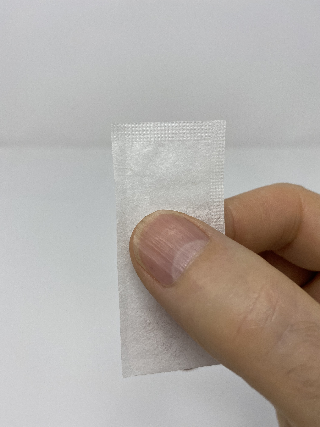
One end of the pouch is open, roll it between your fingers so the pouch opens wide
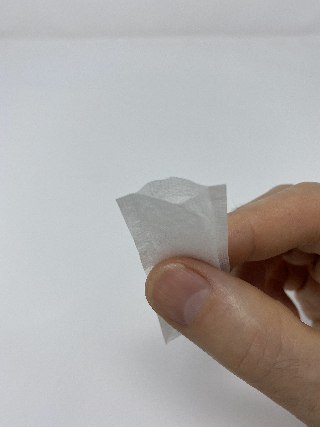
Drop your favorite herbal mixture into the open end of the pouch. You can also use tobacco as well as snus to fill your empty dip pouch. Our empty pouches work great for snus!
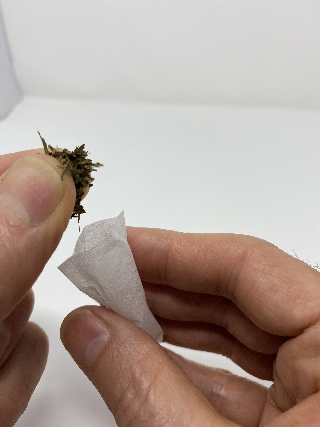
Once filled, simply seal the open end of the pouch using a safe, in home heat source such as an iron or a hair iron. The pouches will seal within 5 seconds. Here we are sealing the filled pouch with a hair iron. Note that the entire pouch is made from sealable paper, so the area containing your mixture can be as large or as small as you like!
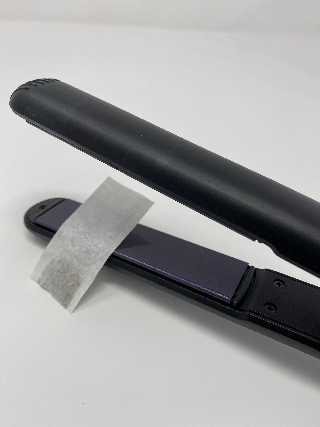
Now that your pouch is sealed, simply cut off excess paper.
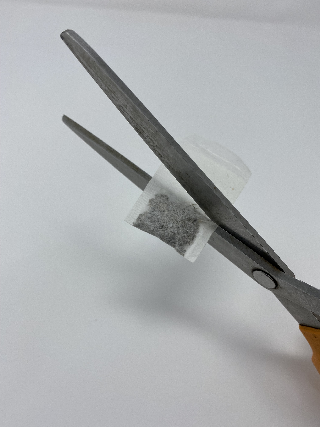
And now your filled, sealed, and trimmed pouch is finished and is ready to enjoy!
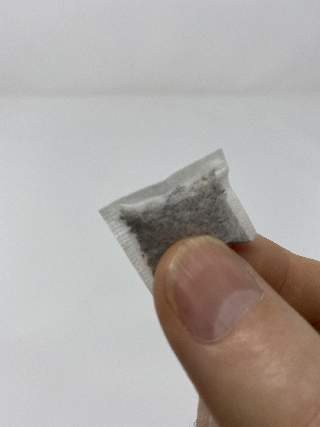
We like to fill our pouches with herbs such as peppermint and add some stevia as well to provide sweetness.
If using cannabis or hemp as an ingredient in your custom made dip pouches you should consider decarboxylating the plant material so that any THC present can provide additional medicating effects you may desire. See our article on decarboxylation for details!
You may also achieve the medicating affects you desire by simply dropping your favorite tincture onto your pouch once it's sealed.
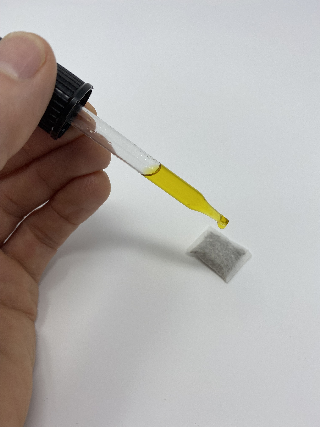
See our article on the history of smokeless tobacco.
